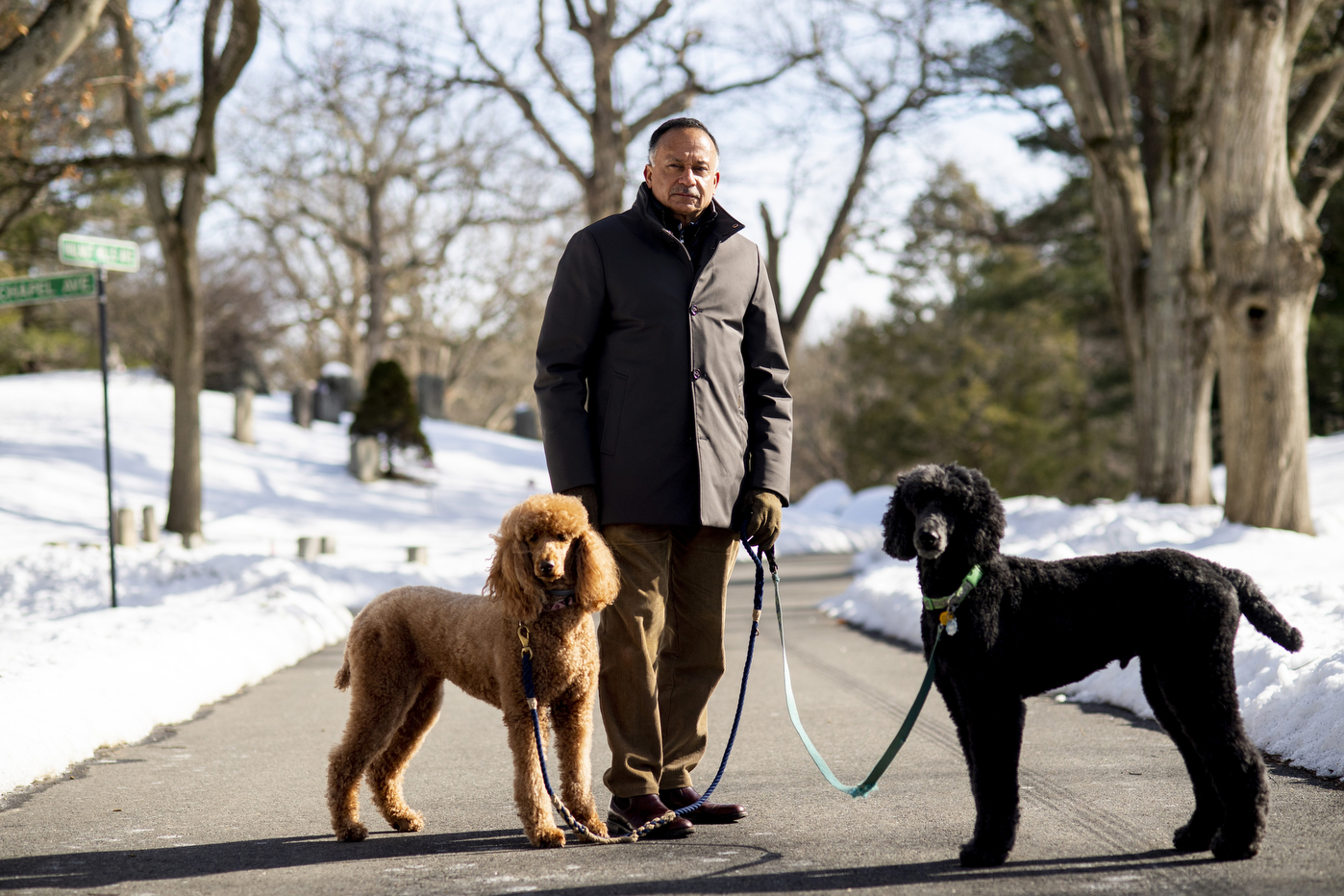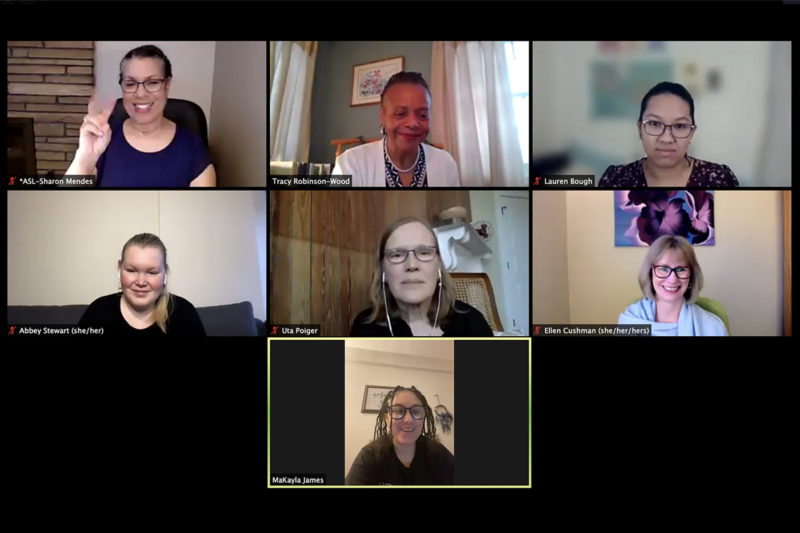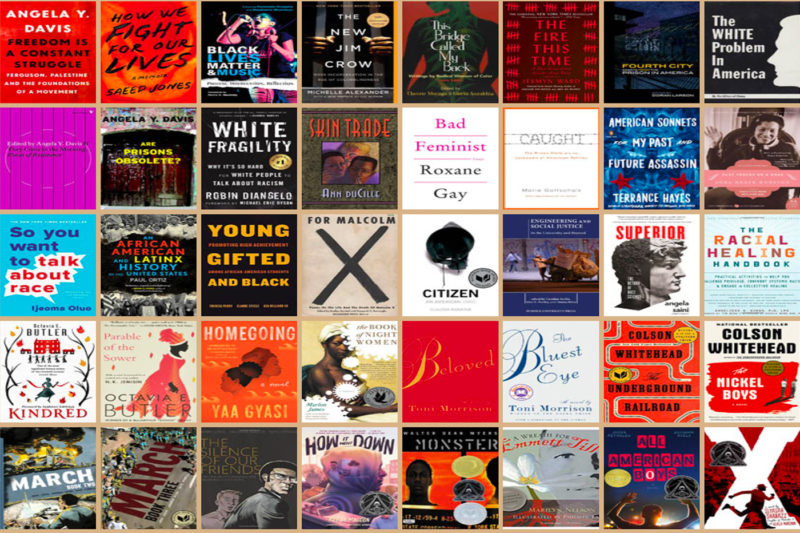It’s been three decades since all of Boston’s major media players attended a press conference to meet Ralph C. Martin II. His audience included The New York Times, which would feature his photo on page 10 of its July 31, 1992 edition with the headline:
Black Republican Is Appointed District Attorney for Boston Area
Martin, now the senior vice president and general counsel for Northeastern, recalls being greeted with skepticism and sympathy, as though his surprising appointment was doomed. For Martin, a Northeastern School of Law graduate, was still very much the outsider: A native New Yorker in New England, a Republican in a Democratic stronghold, and the first Black leader of a prosecutor’s office rife with Irish-American patronage that had mismanaged a racially-charged murder.

In that murder case, Boston police had acted on a preposterous statement by the victim’s white husband, Charles Stuart, who had claimed that his white wife, seven months pregnant, had been randomly shot dead by an unidentified Black man. A frantic search of the Black community ended with the suicide of Stuart, who had used racism to distract police from identifying him as the likely murderer.
So devastating were the repercussions of the Stuart case that Republican Governor William Weld turned to Martin—described in The New York Times report as “a little-known Black lawyer”—in fear that the Los Angeles race riots of that year might spread to Boston.
“The question I’ve asked is, ‘Ralph, how did you do it?’” says Michael Davis, vice president for campus safety and chief of police at Northeastern.
By agreeing to the mission, Martin, 39 at that time, was essentially making a stand—deciding who he was and what he stood for—and then committing to it in a public way that straddled three volatile dimensions: Race, politics, and law enforcement.
His story endures. City on a Hill, an ongoing Boston crime drama on Showtime, is built around a fictional district attorney whose character—an upstanding new Boston prosecutor from Brooklyn—is based on Martin. Martin learned of his role in the show from friends who recognized the resemblance.
“I was channel surfing one night, and I stumbled across the show,” Martin says of City on a Hill. His head shakes twice, metronomically. “I watched it for 10 minutes. I was like, this is stupid. And I haven’t seen it since.”
When asked to explain his humility, Martin responds by telling stories of his father, a police officer in Brooklyn who raised Ralph and his older sister. Ralph was 18 months old when his mother died.
Martin’s father, who is also his namesake, had a difficult childhood. As an eight-year-old he had been separated from his sister following the death of their father and relocated from Boston to live with an uncle in Harlem. Ralph Martin Sr. enlisted in the segregated U.S. Army in 1938 at age 16, illegally, and went on to become a first lieutenant and tank commander in the National Guard. As a police officer, he arrested 13 armed people—all of them without having to fire his own gun, and all but one of them on his own, without the help of a partner.
“My father was a very smart guy,” Martin says. “I’m sure being split up at that age was tough for him. My father was always questioning authority, and he was never happy.”
And yet Martin Sr. was committed to fulfilling the ideals and ambitions of his children.
“He had very high aspirations for my sister and me,” Martin says. “And he was very focused on what he saw as opportunities, whatever the degree of difficulty that came along with those opportunities. For him, there was never any excuse for his kids not having aspirations and being well prepared.”
Martin grew up with ideas of becoming an aeronautical designer, a journalist, or a New York police officer. His father, who had been angered by the racism he experienced in the New York Police Department, helped steer him away from the latter option by introducing him to a Black prosecutor in New York, Richard Lowe, who served as a role model for a career in law. Studying himself on videotape helped Martin learn how to overcome the panic attacks he suffered while speaking to large audiences.
“His political judgment is as good as anybody’s I’ve ever worked with,” says Michael Armini, senior vice president for external affairs at Northeastern. “Universities are fraught with politics, both internally and externally, and whenever I feel like we’re in a jam, I always call Ralph. Because he can see around corners in a way that other people can’t.”
“He has a skill set that is not taught like it should be,” Davis says. “There is your acumen—your ability and knowledge of your field. The second thing is your ability to navigate that amongst other human beings: What is your relatedness quotient, your ability to connect? And the third skill is a sense of who you are—a robust understanding as to where you fit in this puzzle, where you want to go, when to take chances, when to assert yourself. These are all things he has mastered in a way that I don’t think a lot of professionals ever do.”
Martin says his ability to size up a crowd and deal directly with their concerns—a sense of empathy that surely helped him as a young district attorney in Boston—was inspired by Doctor Strange, a Marvel Comics superhero.
“Doctor Strange had this ability, which he described as his ‘ectoplasmic self,’” Martin says. “His ‘ectoplasmic self’ would emerge from his physical being, and it could hover or travel.
“The analogy I use is I try to take myself out of the event—I try to look over it from above, and understand what’s going on. Some people would say it’s like removing your ego from the situation. You’re able to understand the dynamics.”
During his decade as Suffolk County district attorney, from the age of 39 until the eve of his 50s, Martin was able to immerse himself in issues while detaching personally as much as possible. He made moves to diversify his department and soothe tensions in Boston while also winning re-election in 1994 by a decisive margin, a result of campaigning door-to-door four nights per week. Instead of forcing change upon his constituents, he brought them along.
“My father was flabbergasted,” Martin says of his election as a Black prosecutor in Boston. “He was seriously thankful and completely appreciative. I remember him saying, ‘How did this happen?’”
Martin’s subsequent re-election in 1998 was unopposed. He draws satisfaction from people he has mentored across all of his roles in public life, private practice, and now with Northeastern.
“I wouldn’t have had the successes that I’ve had without people making similar investments in me,” Martin says. “I saw myself as having the potential and the opportunity to be a Black leader. But at the same time I always said that my race was one of the things that gave me a different perspective, and helped me make observations and contributions that someone who was not a minority, and particularly who wasn’t Black or brown, wouldn’t necessarily be capable of making.”
Davis views himself as one of Martin’s many beneficiaries.
“His leadership style is very collaborative,” Davis says. “He doesn’t run over you at all. He wants your input. He wants you to develop. He wants you to understand things and grow, to understand the world in the context of the organization.”
In 2011, Martin left private practice with a national firm to join Northeastern, where he helps oversee master planning, compliance and risk management, city and community affairs, and NUPD. The move was widely questioned, but it made perfect sense to Martin.
“For Ralph it’s about politics with a small ‘p,’ which means thinking about the people,” says Kathy Spiegelman, vice president and chief of campus planning and development.
Spiegelman came to Northeastern in 2011 as a consultant to help Martin develop the university’s 2013 master plan.
“Ralph was clear that in order to do things that we thought could be sustainable and have longevity, it was really important to do things that were of mutual benefit,” Spiegelman says. “Everything we did—whether it was the improvement of Carter Field, or increasing procurement from local, small, and minority companies, or any of the scholarships and other programming—it was all based on creating opportunities for our students that would actually also bring benefits to the surrounding community.”
For Lisa Sinclair, the vice president of legal affairs and deputy general counsel who has worked alongside Martin for the past decade, Martin has brought proactive and creative legal advice and an elevated sense of teamwork—along with a telltale sense of humor and all kinds of homespun advice, from books to movies to recipes he’s explored over the weekend.
“It was a different way of practicing law: He could bring what he had to offer from all the previous parts of his career,” Sinclair says of Martin’s move to Northeastern. “As he says, ‘We take what we do very seriously, but we don’t take ourselves too seriously.’”
Martin was a Northeastern trustee before he joined the senior leadership team. Spiegelman sees Martin as someone who built a career from the foundation of his Northeastern law degree, and then returned to help others build their own lives.
“Based on what we are living through with the pandemic, and the heightened importance of diversity, equity, and inclusion, this work that Ralph has been a champion of is more important than ever for the university going into the future,” Spiegelman says.
Martin says higher education is a vital player to make society more equitable, in Boston and beyond. “I came to an institution that already had the ethic, and we’ve tried to build on it and become better at it, but I’m not the only person here who feels that way,” Martin says. “Nobody offers more scholarships to city-of-Boston kids than Northeastern University.”
Martin has learned to manage his own goals in a fundamental and personal way.
“I was on a panel once, and we were speaking to a large group of younger professionals,” says Martin. “And at the end, the moderator asked, ‘When you’re sitting on the porch in your rocking chair, what do you want your legacy to be?’”
One after another, the panelists talked about the mark they hoped to make. Finally it was Martin’s turn.
“I said, ‘Who cares? When you’re gone, you’re gone,’” says Martin, who has raised three children with his wife, Deborah. “All I care about is that my friends and family really appreciated me being here. Because most of this other stuff is …”
He doesn’t want to finish the thought negatively. But it could be that the “other stuff” bears some resemblance to the fictional character that has been drawn from him for television. Martin has found the reality of his life to be far more interesting.
For media inquiries, please contact media@northeastern.edu.
"story" - Google News
March 01, 2021 at 08:43AM
https://ift.tt/3aZ0vpQ
The story of Ralph Martin endures - News @ Northeastern - News@Northeastern
"story" - Google News
https://ift.tt/2YrOfIK
https://ift.tt/2xwebYA
Bagikan Berita Ini
















0 Response to "The story of Ralph Martin endures - News @ Northeastern - News@Northeastern"
Post a Comment